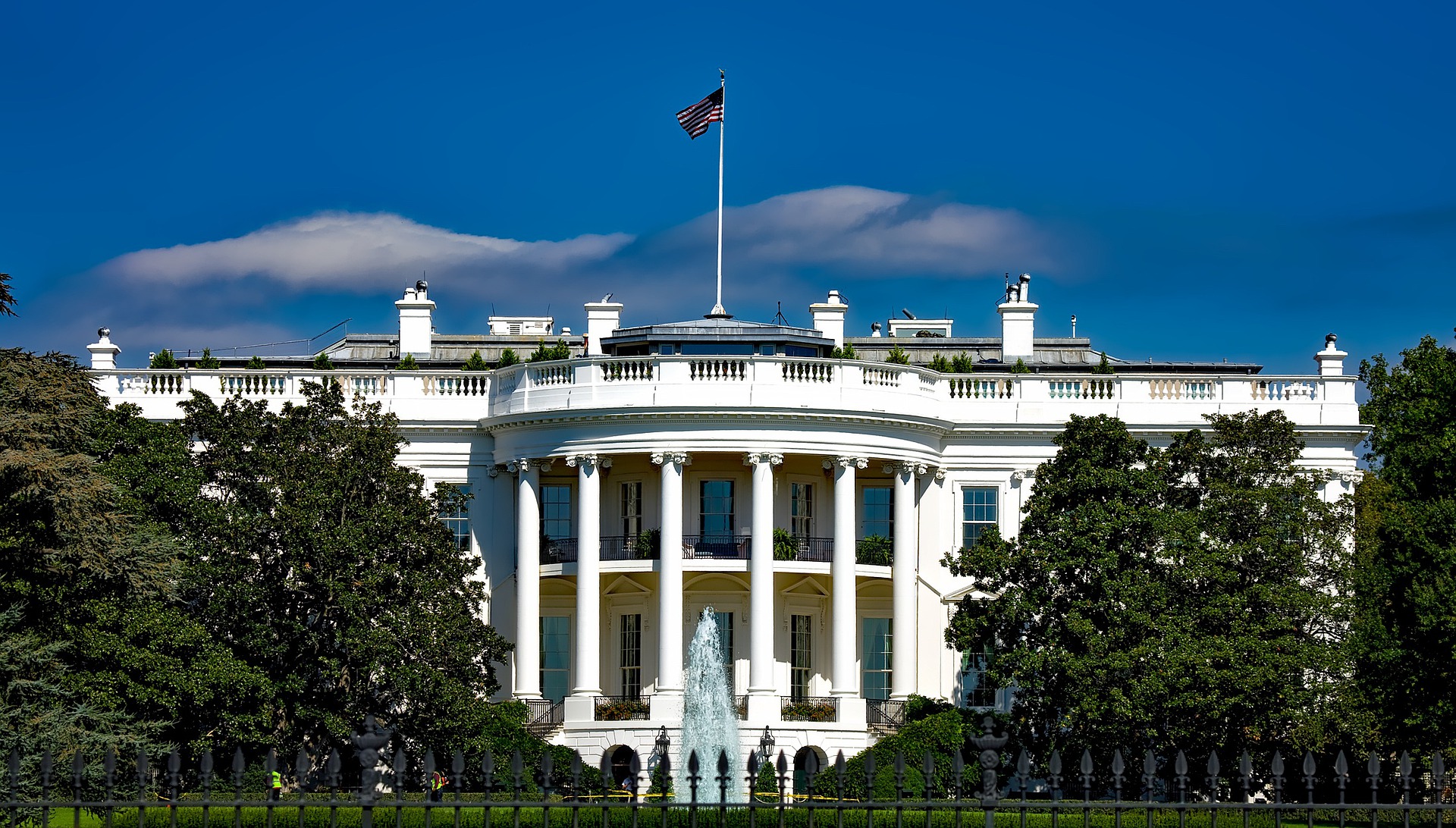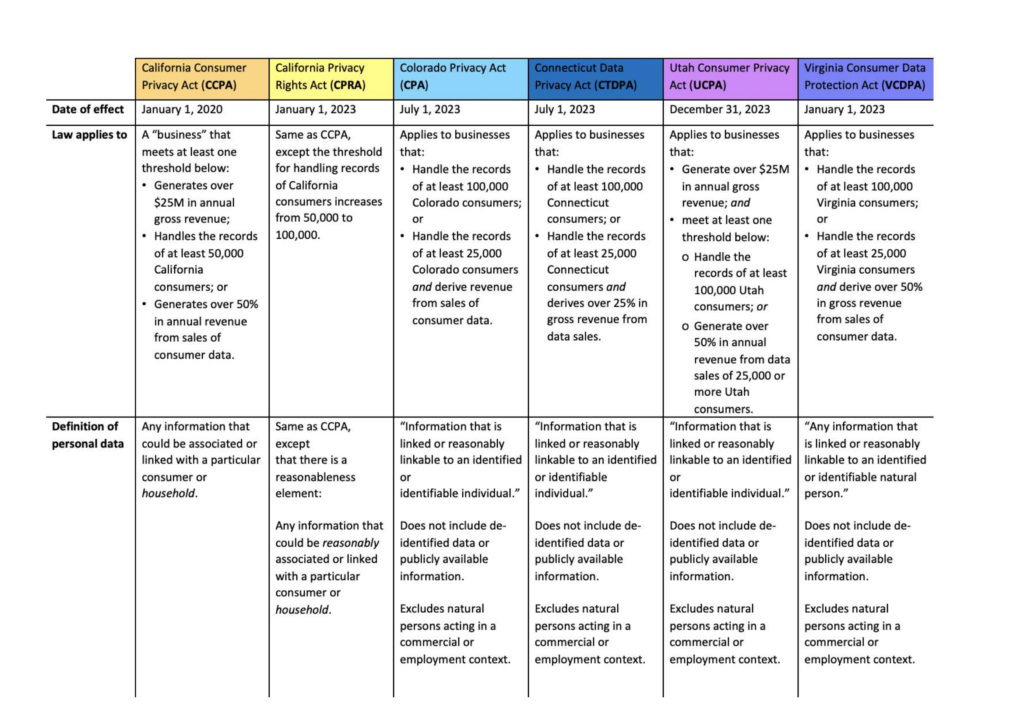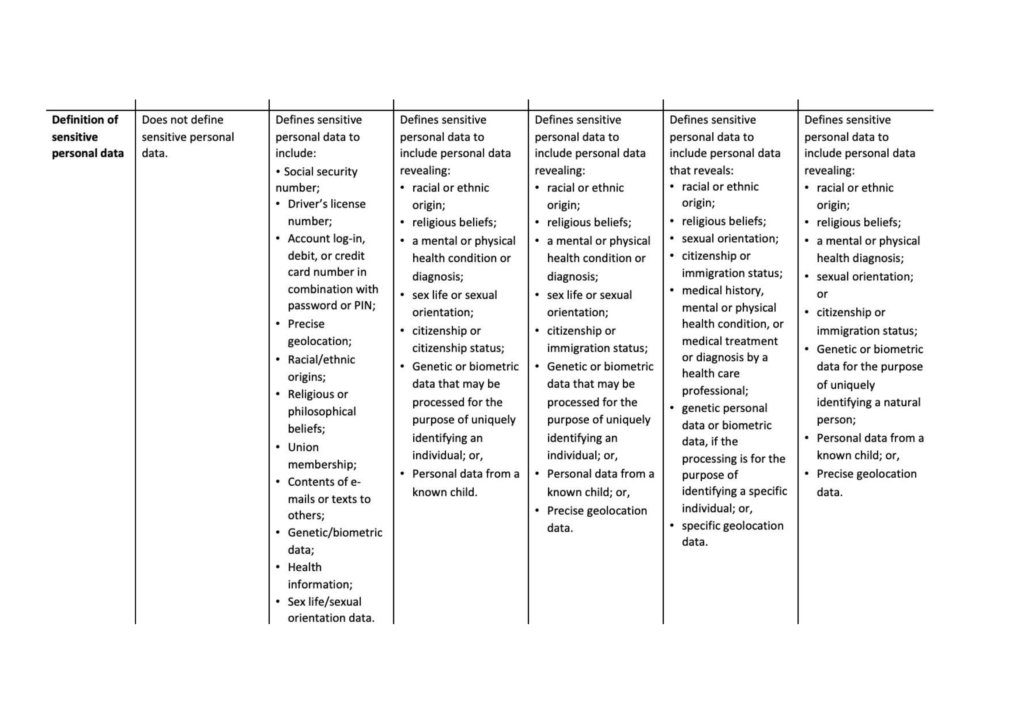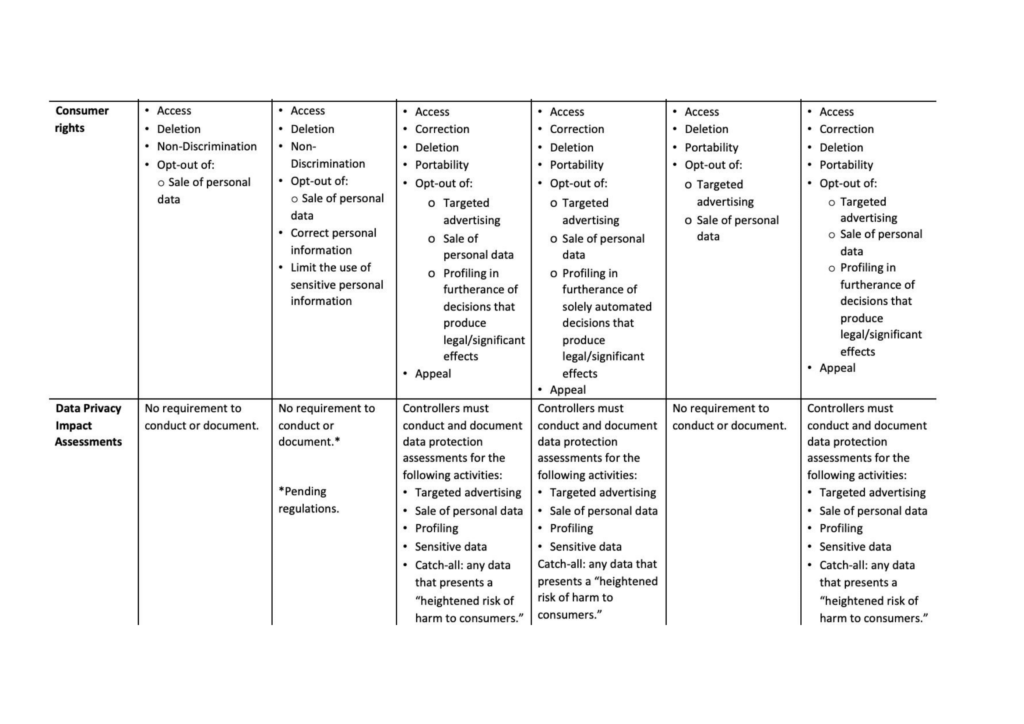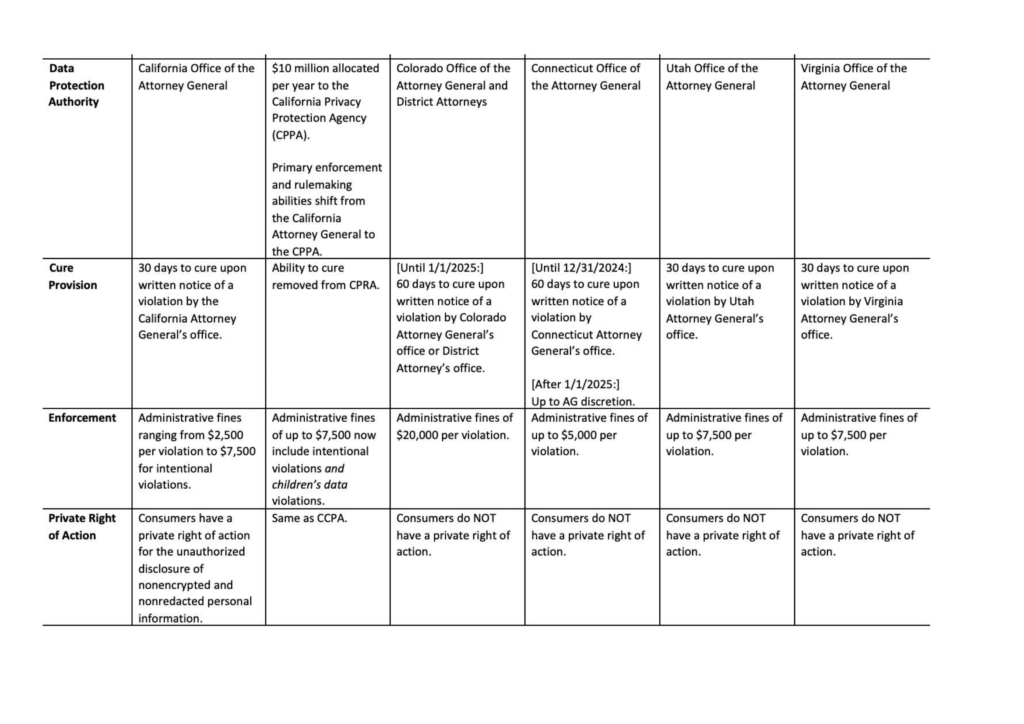THE WHITE HOUSE’S BLUEPRINT FOR AI BILL OF RIGHTS
Image by David Mark from Pixabay.
In 2021, the global artificial intelligence (AI) market was estimated to value between USD 59.7 billion and USD 93.5 billion. Going forward, it is expected to expand at a compound annual growth rate of 39.4% to reach USD 422.37 billion by 2028.
However, as financial and efficiency incentives drive AI innovation, AI adoption has given rise to potential harms. For example, Amazon’s machine-learning specialists discovered that their algorithm learned to penalize resumes that “included the word ‘women’s,’ as in ‘women’s chess club captain.’” As a result, Amazon’s AI system “taught itself that male candidates were preferable.”
As our compiled list of guidance on artificial intelligence and data protection indicates, policymakers and legislators have taken notice of these harms and moved to mitigate them. New York City enacted a bill regulating how employers and employment agencies use automated employment decision tools in making employment decisions. Colorado’s draft rules require controllers to explain the training data and logic used to create certain automated systems. In California, rulemakers must issue regulations requiring businesses to provide “meaningful information about the logic” involved in automated decision-making processes.
In truth, the parties calling for AI regulation form a diverse alliance, including the Vatican, IBM, and the EU. Now, the White House joins these strange bedfellows by publishing the Blueprint for an AI Bill of Rights.
What is the Blueprint for AI Bill of Rights?
The Blueprint for AI Bill of Rights (“Blueprint”) is a non-binding white paper created by the White House Office of Science and Technology Policy. The Blueprint does not carry the force of law; rather, it is intended to spur development of policies and practices that protect civil rights and promote democratic values in AI systems. To that end, the Blueprint provides a list of five principles (discussed below) that – if incorporated in the design, use, and deployment of AI systems – will “protect the American public in the age of artificial intelligence.”
To be clear: failing to incorporate one of these principles will not give rise to a penalty under the Blueprint. Neither will adoption of the principles ensure satisfaction of requirements imposed by other laws.
However, the lack of compliance obligations should not inspire a willingness to ignore the Blueprint, for the authors expressly state that the document provides a framework for areas where existing law or policy do not already provide guidance. And given that many state privacy laws do not currently provide such guidance, the Blueprint provides a speculative glimpse at what state regulators may require of future AI systems.
The Blueprint’s Five Principles for AI Systems
Continue Reading THE WHITE HOUSE’S BLUEPRINT FOR AI BILL OF RIGHTS
